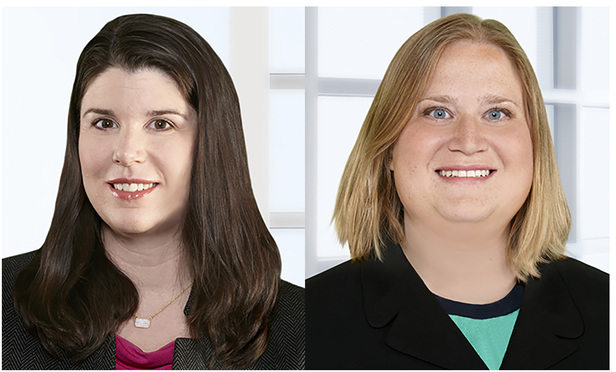Higher education is using some creative solutions to address the lack of available H-1B visas for graduates who want to remain in the United States as entrepreneurs. The H-1B visa is well known for allowing U.S. employers to employ foreign nationals in professional positions requiring at least a bachelor’s degree; yet the number of new H-1B workers is subject to an annual statutory cap, with demand for new H-1B workers far exceeding the supply of available numbers. Certain types of institutions, including colleges and universities, however, are exempt from the H-1B cap. In the absence of immigration reform, some states, cities and institutions of higher education have developed innovative cap-exempt collaborations with cap-subject U.S. employers and entrepreneurs to address the ongoing H-1B supply/demand gap.
For most U.S. employers, a limited number of H-1B nonimmigrant visas are available each year. This limit is called the H-1B cap. As noted above, the demand for these H-1B numbers is much higher. For example, for the 2017 fiscal year, U.S. Citizenship and Immigration Services (USCIS) received approximately 236,000 H-1B petitions within the first five days of permissible filing for the 58,200 available H-1B numbers (and an additional 20,000 available for individuals with U.S. master’s degrees or higher), requiring the USCIS to conduct a random lottery to select H-1B petitions for adjudication.



